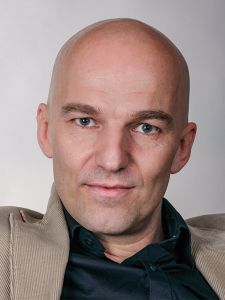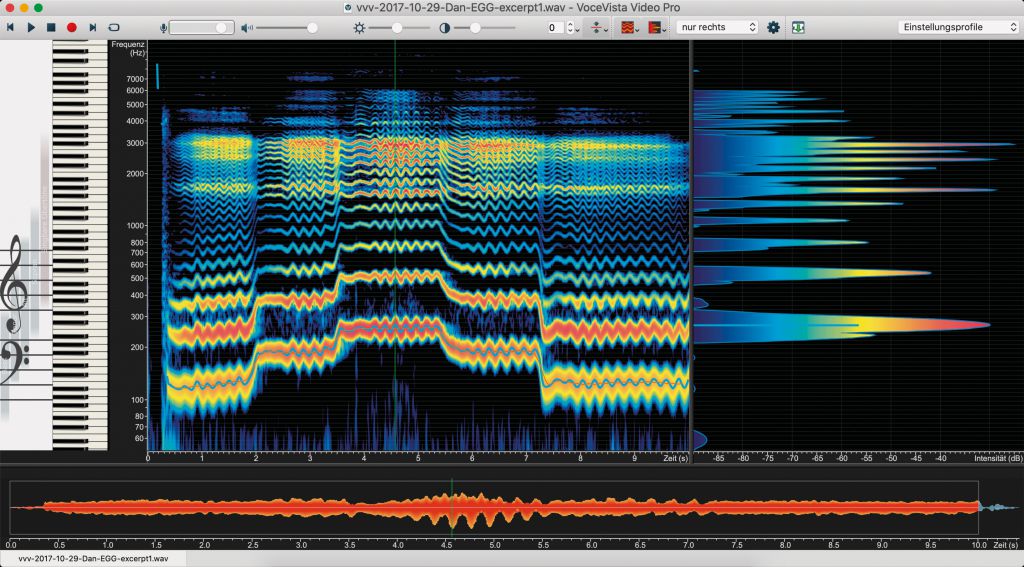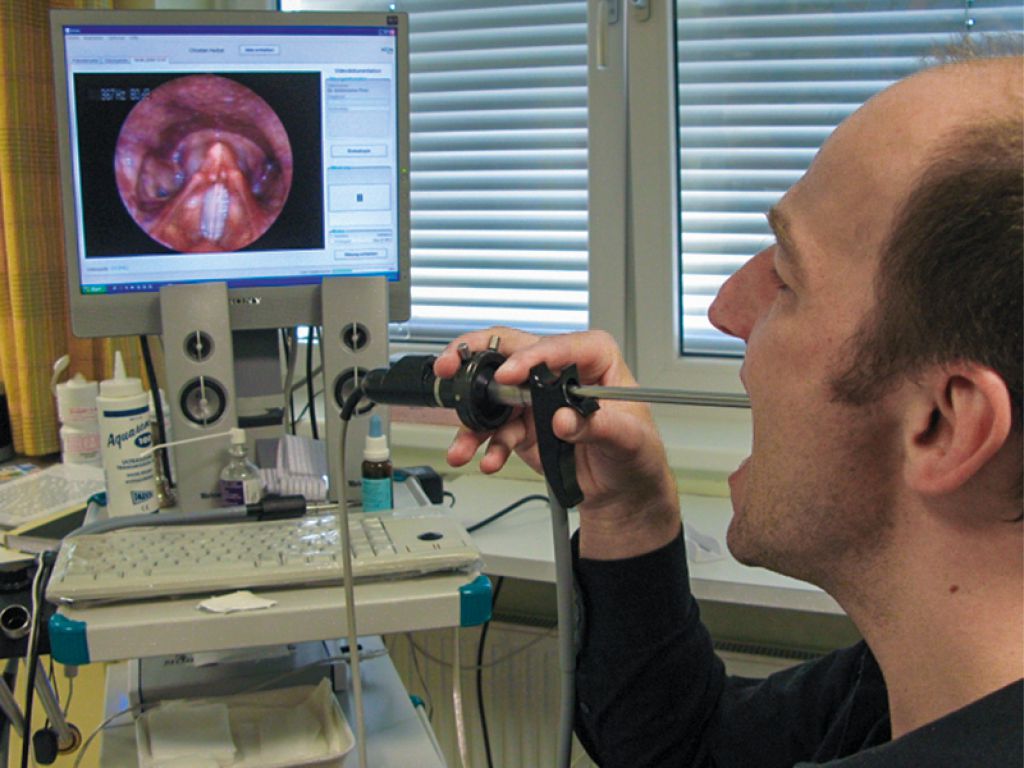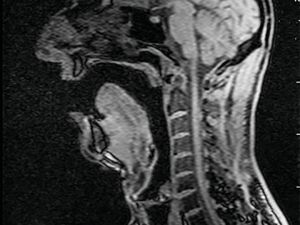Just recently, the mdw saw the establishment of “Voice Science” as a subject area in its own right with its own new career position. And this semester, three mdw students have commenced their scientific doctoral studies in the field. This newly established subject area—which, in this form, is virtually unique worldwide—offers an opportunity to take a closer look at the concept as such along with the attendant background information and mission.

“Voice Science … that’s something medical, isn’t it?” People’s reactions when hearing about it for the first time frequently sound something like this. And that’s understandable. After all, vocalisation takes place in the throat—a concealed area of the body that typically only ever gets looked at closely by medical specialists. But interestingly enough, this thematic area is considerably more multi-layered and can be distinguished clearly from purely medical subjects from the realms of phoniatrics and/or ear, nose, and throat medicine. The subject of voice science focuses on the physiology and physics of vocal production as well as on acoustic analysis of how voices sound in the artistic and didactic context of singing in all styles as well as in the speech of actors. Voice science is a highly interdisciplinary field of scientific research that contains elements from a broad range of specialties that includes phonetics, systematic musicology, communications engineering, digital signal processing, non-linear mathematics, physics (especially aerodynamics, mechanics/dynamics, and acoustics), biology, psychology, musicians’ medicine, phoniatrics, and speech-language pathology.

The diversity of these largely natural science-related components might raise the question as to why this subject area is being established at an arts university. The reason is that alongside the relevant basic research, the vocal research being conducted at the Antonio Salieri Department of Vocal Studies and Vocal Research in Music Education is above all devoted to issues that figure into the actual practice of vocal pedagogy—a knowledge gained in this interdisciplinary context ultimately flows back into teaching. So in the long run, this is about not just generating but also transferring knowledge.
Instructional books and writings on vocal pedagogy have been around for several centuries, and the concepts they contain are widely tested and proven. “So why suddenly do research on singing from a natural science perspective? Doesn’t this destroy all the art?” This second question is easily answered with a clear “no”. Because here, one can draw a very clear distinction between the art of performance and interpretation on the one hand and vocal training in the sense of acquiring technical vocal skills on the other. Voice science relates more or less exclusively to vocal training, in particular to the physiological and muscular processes in the body that affect the physical factors of aerodynamics (in terms of the respiratory system), mechanics (vibration of the vocal folds), and acoustics (sound generation in the larynx and sound modification in the vocal tract). Attention is also devoted to the neural, cognitive, and in some cases psychological parameters relevant to utilising the vocal folds and glottis as well as to the psychophysical elements of perceiving vocal sound.

All this is to say that voice science ideally covers the entire causal chain running from muscular control by the performer’s brain to the listener’s perception of the sound of the performer’s voice. And the conduct of serious research on this “big picture” is an ambitious long-term goal that definitely can’t be achieved by conducting one or two isolated studies. With this in mind, the 21st century offers us fantastic opportunities alongside all of its thematic challenges.
In particular, there is the fascinating possibility of using modern research methods to evaluate and scientifically underpin the abovementioned centuries-old traditional concepts of vocal training and singing-related didactics. In a way similar to how things are done in modern medical research, teaching and training concepts that have often been described only in subjective and/or qualitative ways could now be placed on the solid footing of quantitative data and knowledge to give rise to a more evidence-based form of vocal pedagogy, thereby expanding pedagogical and artistic spheres of action on the basis of the obtained data. A good example of such efforts is one of the aforementioned Antonio Salieri Department dissertation projects’ examination of the acoustic and perceptive implications of the solidly traditional vocal didactic concept of chiaroscuro in classical singing in order to show which physiological and/or muscular gestures around the glottis are causally relevant in that particular case.
The question as to the practical utility of gaining such knowledge is another one that’s easily answered: in vocal pedagogy, there is a clear difference

between the knowledge one needs in order to sing well and the knowledge one needs in order to help someone else sing well (Gill & Herbst, 2016). Alongside well-founded physiological interventions in the form of exercises, traditional vocal pedagogy is quite justifiably based in part on established imitative learning models. In many cases, such things are sufficient and lead to good results. But in the case of supposedly “untalented” singers, as well as in the interest of further improving well-established methods’ efficacy, newly gained background knowledge and understanding absolutely can be helpful and—most importantly—improve on existing options for diagnosing problems of vocal technique. The corresponding knowledge is typically of relevance for teachers rather than for the singers being trained. And in this spirit, voice science is understood as a research field that acts as an auxiliary discipline of vocal and singing pedagogy without aiming to interfere in pre-existing strategies that work well.
Cited literature:
Gill, B. P. and Herbst, C. T. (2016) “Voice Pedagogy – What do we need?”, Logopedics Phoniatrics Vocology, 41(4), pp. 168–73. DOI: 10.3109/14015439. 2015. 1079234 [mdw.ac.at/instas/voiceScience/VoiceScience.pdf]
Christian T. Herbst as a guest on the mdwPodcast (in German):

